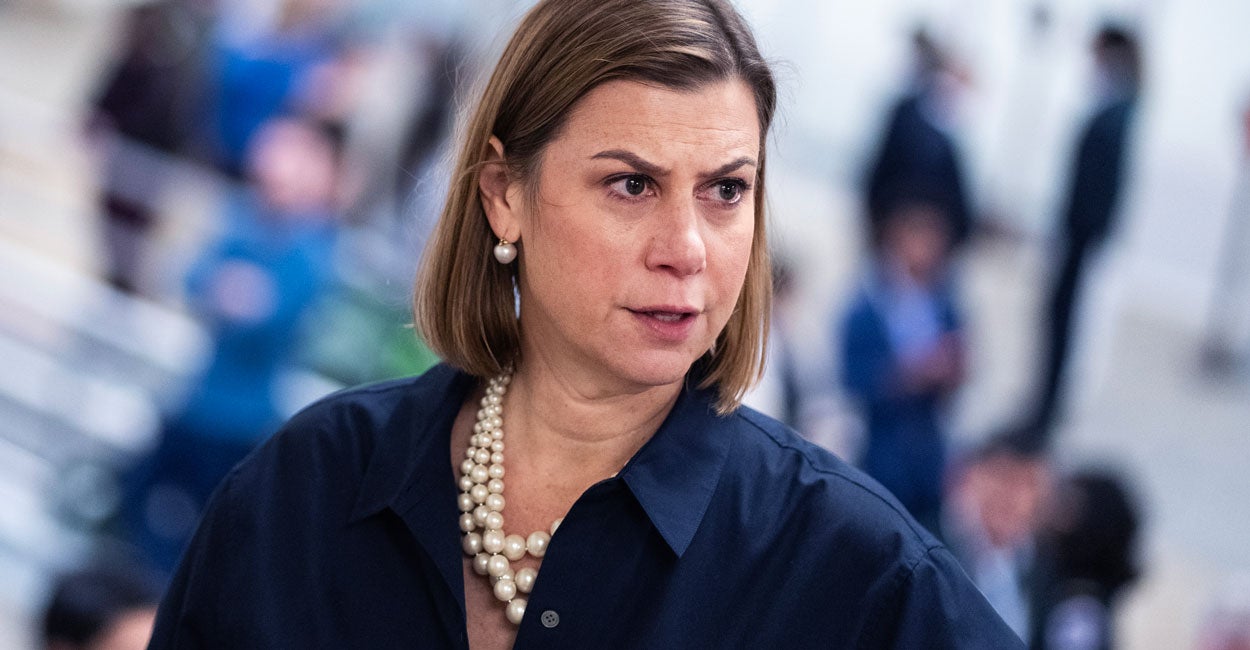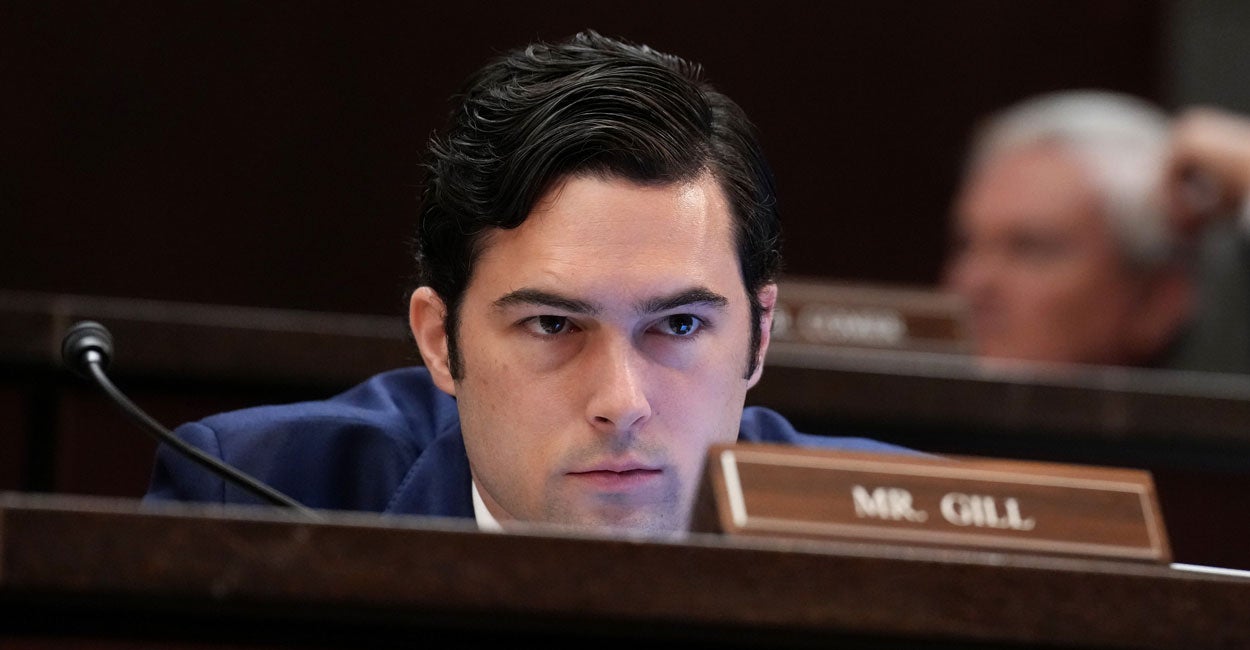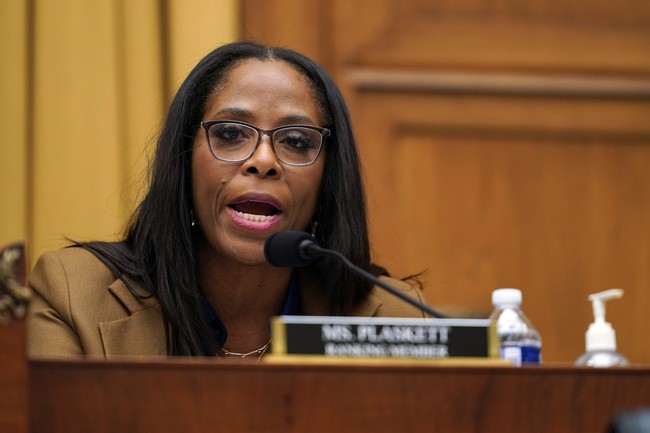
www.dailysignal.com
Republicans Fire Back at Democrats Who Tell Military Members to ‘Refuse Illegal Orders’
Republicans are firing back after a group of six Democrat lawmakers created a video telling U.S. military members and the intelligence community they do not need to follow “illegal orders.”
“Like us, you all swore an oath to protect and defend this Constitution. Right now, the threats to our Constitution aren’t just coming from abroad, but from right here at home,” the Democrats say in the video message. “Our laws are clear. You can refuse illegal orders. … You must refuse illegal orders.”
Michigan Democratic Sen. Elissa Slotkin shared the video, which appears to be in reference to the Trump administration’s immigration enforcement operations, on X Tuesday, telling the military and intelligence community, the “American people need you to stand up for our laws and our Constitution. Don’t give up the ship.”
We want to speak directly to members of the Military and the Intelligence Community.The American people need you to stand up for our laws and our Constitution.Don’t give up the ship. pic.twitter.com/N8lW0EpQ7r— Sen. Elissa Slotkin (@SenatorSlotkin) November 18, 2025
In addition to Slotkin, Sen. Mark Kelly, D-Ariz., also appears in the video alongside Reps. Jason Crow of Colorado, Chris Deluzio of Pennsylvania, Chrissy Houlahan of Pennsylvania and Maggie Goodlander of New Hampshire. All six Democrats formerly served in the U.S. Military or intelligence community.
“No one has to carry out orders that violate the law or our Constitution,” the elected leaders say. “We know this is hard and that it’s a difficult time to be a public servant. But whether you’re serving in the CIA, the Army, our Navy, the Air Force—your vigilance is critical, and know that we have your back because now, more than ever, the American people need you.”
The video earned over five million views on X in less than 24 hours, and drew critique from the White House.
“Democrat lawmakers are now openly calling for insurrection,” Stephen Miller, White House deputy chief of staff for policy, wrote on X.
Kelly then fired back at Miller, writing, “I got shot at serving our country in combat, and I was there when your boss sent a violent mob to attack the Capitol. I know the difference between defending our Constitution and an insurrection, even if you don’t.”
Crow also responded to Miller’s critique, calling the White House official “Snowflake Stephen.”
“The President is trampling on the Constitution,” Crow added. “Stop politicizing our troops. Stop illegal military strikes. Stop pitting our service members against the American people.”
Oh no, we triggered Snowflake Stephen!The President is trampling on the Constitution.Stop politicizing our troops.Stop illegal military strikes.Stop pitting our servicemembers against the American people. https://t.co/6r4AAy8l43— Rep. Jason Crow (@RepJasonCrow) November 18, 2025
Secretary of War Pete Hegseth called the Democrat’s video “Stage 4 [Trump Derangement Syndrome.”
John Frankman, a former Green Beret and outspoken conservative commentator, questioned the video following his own experience in the military.
“When I was a Special Forces Captain, I refused the unlawful order to receive an experimental shot and was forced out of the Army for it,” Frankman wrote on X, referring to the COVID-19 vaccine requirement for military members.
The famed Libs of TikTok X account shared the video, accusing the Democrats of “encouraging members of the military to commit treason and DEFY orders from [President Donald] Trump and Hegseth.”
The post Republicans Fire Back at Democrats Who Tell Military Members to ‘Refuse Illegal Orders’ appeared first on The Daily Signal.

















